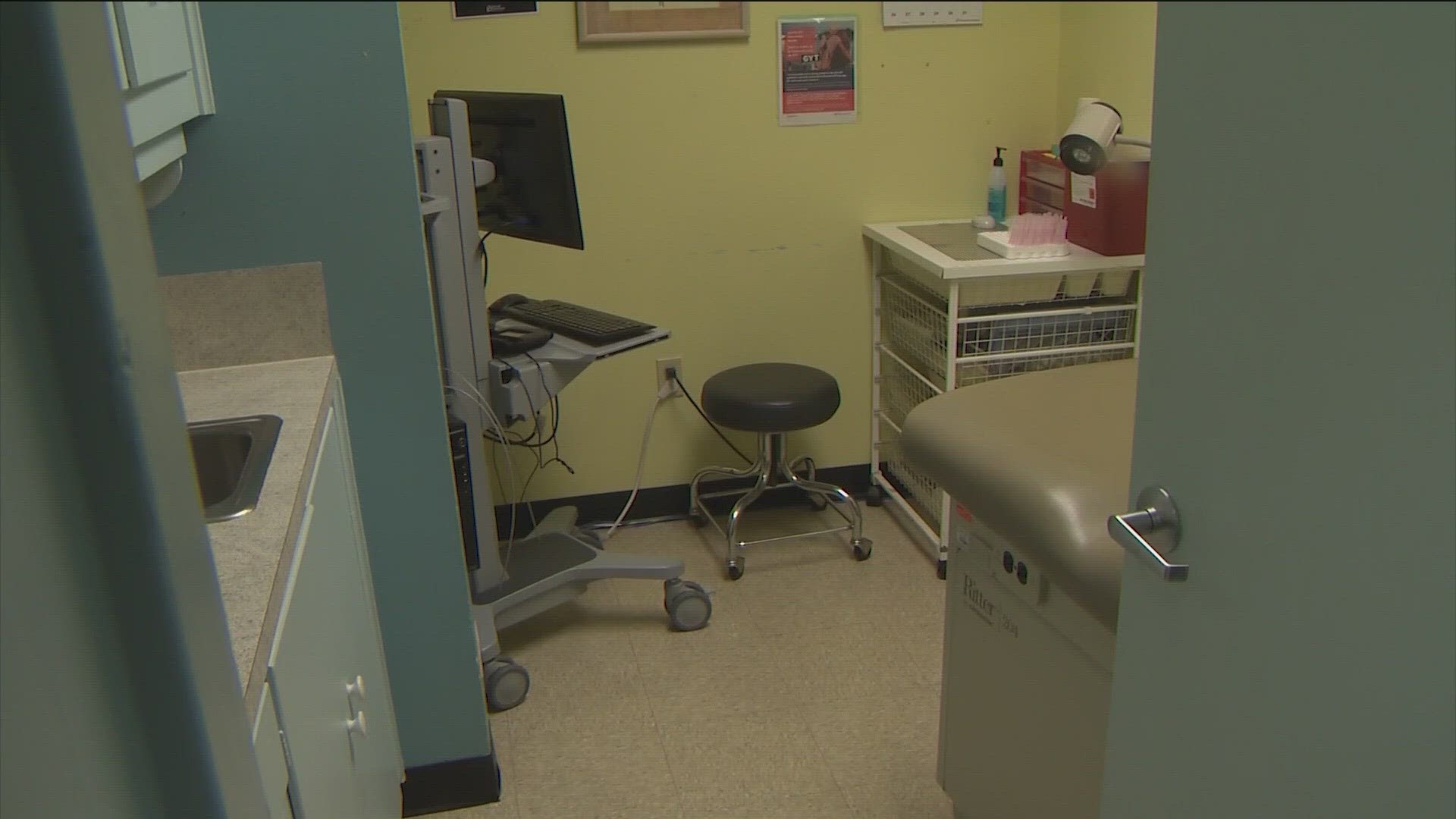AUSTIN, Texas — A battle between the State of Texas and a Travis County judge is the latest in a series of fights regarding the legality of abortion in the state.
Last Friday, a Travis County judge's ruling temporarily blocked parts of Texas' abortion laws, but a State appeal just hours later put those rules back in place.
The back-and-forth is creating confusion for doctors and patients alike.
"It's been so difficult, I haven't even found an appointment. I'm still looking," said Nathalie Hudson of Austin.
Hudson said getting in to see an OBGYN in Austin has gotten harder, partially due to the state's abortion laws.
"I think it puts women and the physicians that care for them at a great disadvantage," said Dr. Todd Ivey, an OBGYN based in Houston.
Ivey is also a part of the American College on Obstetricians and Gynecologists.
He said confusion surrounding situations where pregnant people can get abortions is putting patients in serious danger.
"To have a legislator tell me – who's been trained for many, many years, and it's been my life's work – the right thing to do, medically, is, I think, very inappropriate," Ivey said. “It’s absolutely gut-wrenching to see a lady lying there, who is ill, and [it] has to be life-threatening before we can act on this.”
That confusion was tied to a lawsuit against the State, where Texas women argued that they were denied abortions in life-threatening situations because the term "medical emergency" in the law is too vague.
Ivey believes it's also making things difficult for physicians and medical students.
"We've also seen the number of students going into obstetrics and gynecology decrease ... and we know th,at overall, the numbers after 2021 were down 7%. They were down 10% in states that have restrictive abortion laws," Ivey said.
According to the Texas Medical Association, 159 of Texas' 254 counties don't have readily available access to OBGYNs.
For Hudson, even in a major city like Austin, she still struggles to find care.
"Since I got to Austin, I realized that the care is just not the same level because there's so many people to such a small area," Hudson said.
She said the back-and-forth over abortion laws in Texas has affected all types of reproductive care. She got an IUD the day before the U.S. Supreme Court's Dobbs decision that overturned Roe. v. Wade and said doctors sped up her appointment to get it done before Texas' trigger law took effect.
"They were more so worried about, 'We are no longer going to be able to have an opportunity to just like, readily provide this service for you,'" Hudson said.
As fewer people go into obstetrics and gynecology, Hudson said she's worried for multiple reasons, especially as a minority.
"As a Latina, I want someone that can relate to me and, you know, you're not really seeing that much diversity in the medical care system. And that's something that I continue to hope and wish for," Hudson said.

